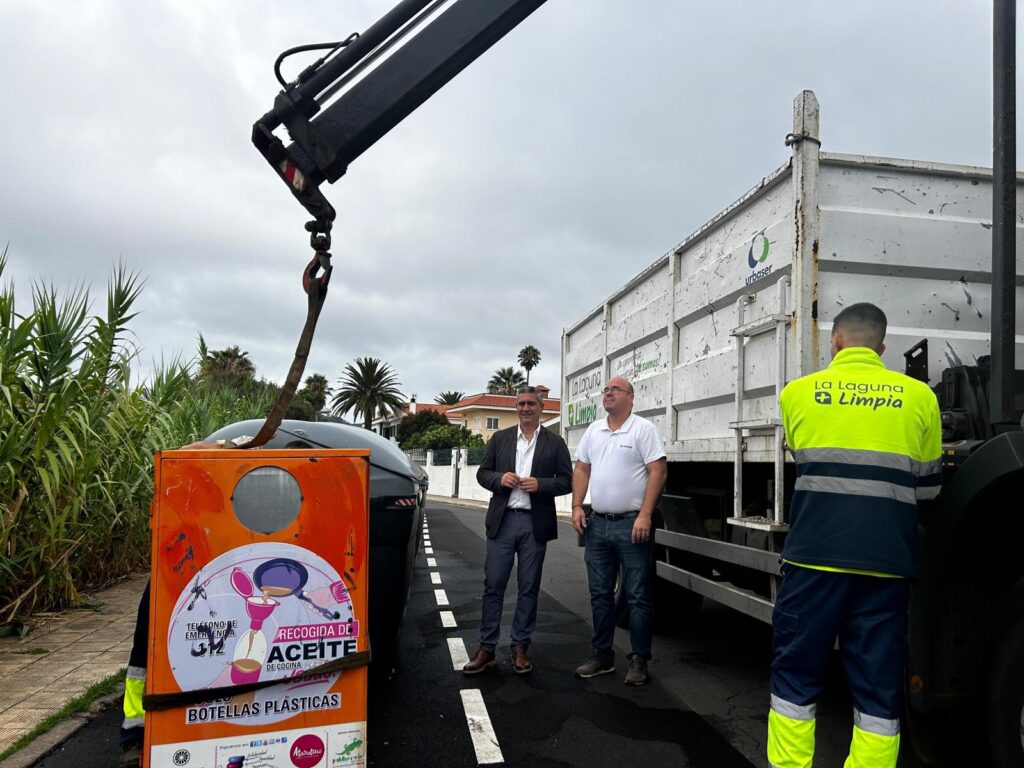
SANTA CRUZ DE TENERIFE, March 7 (EUROPA PRESS) –
The president of the Canary Islands, Ángel Víctor Torres, has warned on Tuesday that the archipelago will continue to “battle” to convince the community authorities of the importance of the Ultraperipheral Regions (RUP) getting rid of the green tax on international flights, especially all after the director of Regional Policy of the European Commission responsible for the Outermost Regions, Monika Hencsey, has made reference to studies that minimize the ‘impact’ of the new tax on banknotes.
This was stated by the President of the Government of the Canary Islands at a press conference in which he appeared together with the President of the Commission for Territorial Cohesion Policy and EU Budget (COTER) of the European Committee of the Regions (CDR), Emil Boc, after holding the seminar ‘Adapted responses from cohesion policy to territories with specific needs: the case of the ORs’ at the headquarters of the Government Presidency in Santa Cruz de Tenerife.
Ángel Víctor Torres has reiterated that if the so-called green tax on kerosene and, therefore, air travel within the European Union were applied in the Canary Islands, the islands would have “no chance of surviving” because they do not have other alternative means of transport, a reality that “undoubtedly the EU needs to be aware of”, said the president.
Torres considers that the European Union has to understand the Canary Islands’ commitment to decarbonization and sustainable energy as “evidence” given the fact that the Archipelago has to be exempt from the “green tax” on international routes, since he made it clear that The Government of the Canary Islands has an “irrevocable” commitment to achieve the elimination of fossil fuels in the face of clean energy and “has demonstrated it with facts”.
In this regard, the head of the Canarian Executive stressed that what must be done is “legislate with a head.” “We are in favor of legislation that promotes and promotes the use of clean energy, but at the same time we have to continue fighting so that the European Union is especially sensitive to what we are demanding.”
BALANCE OF THE COTER SEMINAR
The President of the Canary Islands also took stock of the meetings held yesterday and today in Santa Cruz de Tenerife and which were attended by the Director of Regional Policy of the European Commission responsible for the Outermost Regions, Monika Hencsey, and the President of the Commission for Territorial Cohesion Policy and EU Budget (COTER) of the European Committee of the Regions, Emil Boc.
Thus, Ángel Víctor Torres highlighted that there have been two intense days of work that culminated today, Tuesday, with the holding of the seminar entitled ‘Adapted responses from cohesion policy to territories with specific needs: the case of the ORs’, which has counted with the presence of 30 representatives from 18 countries of the European Union and where the importance of the relationship with the EU has been “clearly” exposed for the Canary Islands.
The Canarian president explained that these meetings have served to analyze the review of the European strategy in favor of the Outermost Regions, hydrogen trains, the commitment to sustainable energy, the common agricultural policy, administrative flexibility for management of the European funds that arrive in the Canary Islands, of the ‘green tax’ or of the common migratory policy.
Ángel Víctor Torres emphasized that these conferences have allowed the reality of the ORs to be put on the table and the need to defend article 359 of the Treaty on the Functioning of the European Union (TFEU) and that “it cannot be detrimental to these regions”. Likewise, he thanked Emil Boc for the sensitivity and commitment of the Committee of the Regions for territorial justice that makes the Canary Islands have a situation of equality as close as possible to the European continent.
For his part, the president of the Commission for Territorial Cohesion Policy and EU Budget (COTER) of the European Committee of the Regions, Emil Boc, highlighted that these two days have served them to learn from the good practices of the Government of the Canary Islands ; to know and learn about the needs and realities of the ORs, taking into account that they are very different contexts; to talk about the flexibility of EU funds and making the most of them for the best possible results; to talk about the future of cohesion policy, which “is the glue that holds the European Union together”; and to talk about what will happen after 2027.
According to Emil Boc, “a Europe without cohesion is a Europe without a future. In accordance with the mission we have as the European Committee of the Regions, no person anywhere must be left behind.” Finally, he congratulated President Torres for his great achievements related to cohesion policy and that he has shown to promote the “best possible solutions”.
















